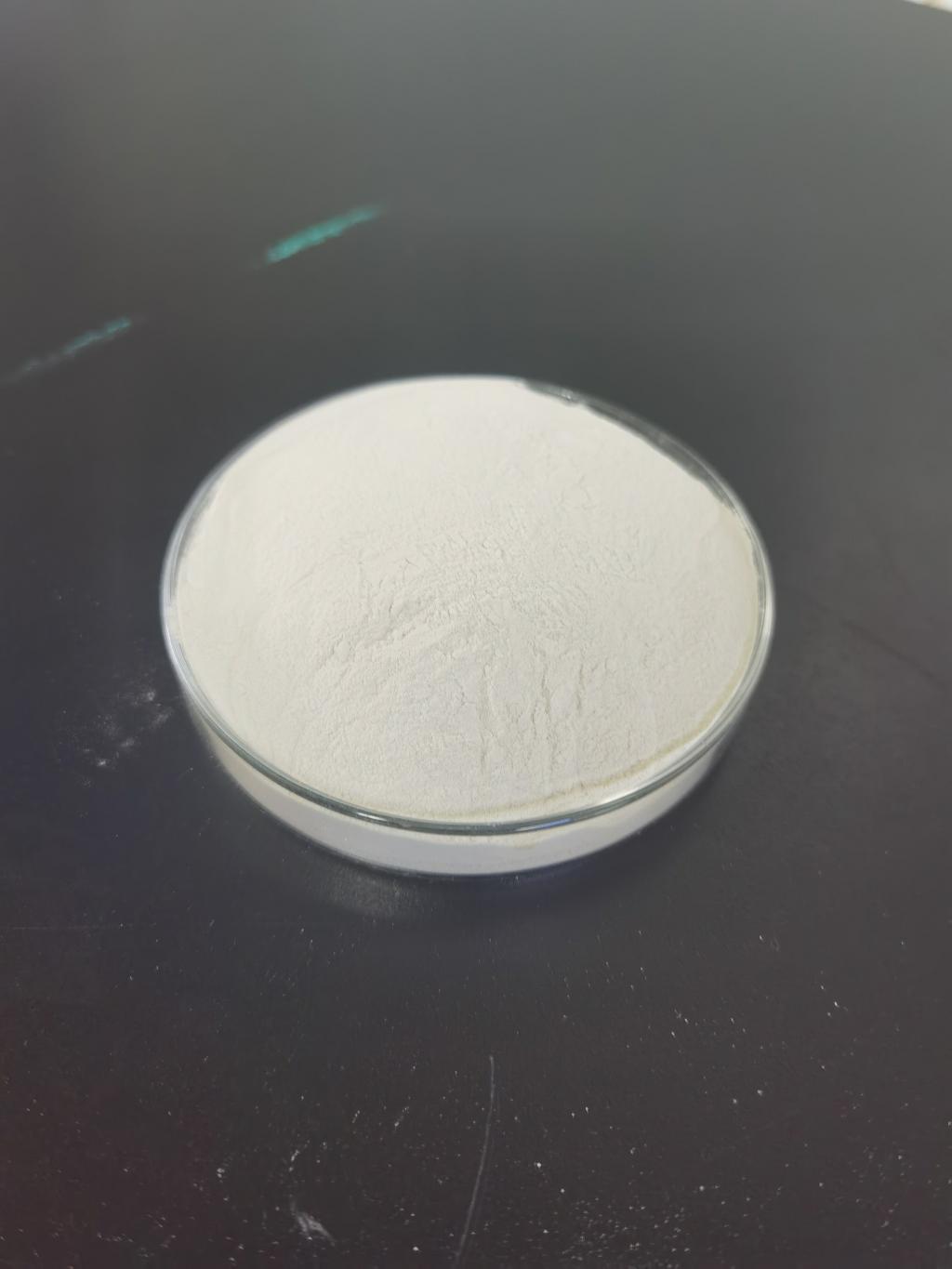Tel:+8618231198596

News
 CONTACT
CONTACT
 CONTACT
CONTACT
- Linkman:Linda Yao
- Tel: +8618231198596
- Email:linda.yao@dcpharma.cn
- Linkman:CHARLES.WANG
- Department:Overseas
- Tel: 0086 0311-85537378 0086 0311-85539701
News
Nisin’s ability to inhibit spoilage organisms in high-protein foods is being studied.
TIME:2024-09-05
Nisin: A Natural Defense Against Spoilage
Nisin is a bacteriocin, a type of antimicrobial peptide produced by the lactic acid bacterium Lactococcus lactis. Its primary mechanism of action involves binding to the cell walls of targeted bacteria, disrupting their membranes and ultimately leading to cell death. Because nisin targets specific types of bacteria, particularly Gram-positive pathogens and spoilage organisms, it is considered a safe and effective preservative that does not adversely affect human health or the sensory attributes of food.
Targeting Spoilage in High-Protein Foods
High-protein foods are prone to spoilage due to their nutrient-rich composition, which provides an ideal environment for bacterial growth. Common spoilage organisms include Bacillus cereus, Clostridium spp., and Listeria monocytogenes, which can thrive under various conditions, including those found in refrigerated and ambient storage environments.
Research indicates that nisin can be particularly effective in inhibiting the growth of these organisms, thus extending the shelf-life of high-protein foods. For example, studies have shown that nisin can reduce the presence of Listeria monocytogenes in ready-to-eat meats, a critical concern given the risk of listeriosis, especially in vulnerable populations.
Advantages of Using Nisin in High-Protein Foods
Enhanced Shelf-Life: By controlling the proliferation of spoilage bacteria, nisin can significantly increase the shelf-life of high-protein foods, thereby reducing waste and ensuring that products remain safe and palatable for longer periods.
Natural Preservation: Consumers are increasingly seeking out natural and minimally processed foods. Nisin, being a natural product, fits this preference and can be marketed as a clean-label ingredient, appealing to health-conscious consumers.
Synergy with Other Preservation Methods: Combining nisin with other preservation techniques, such as modified atmosphere packaging or the use of antioxidants, can create a multi-hurdle approach that maximizes the overall effectiveness of food preservation strategies.
Current Research and Future Directions
Scientists are actively investigating the most effective ways to incorporate nisin into high-protein foods to achieve optimal results. This includes studying the appropriate dosages, the stability of nisin under varying processing conditions, and its interaction with other food components. Additionally, researchers are exploring innovative delivery systems, such as encapsulation, to ensure that nisin remains active and effective throughout the product's lifecycle.
Conclusion
The ability of nisin to inhibit spoilage organisms in high-protein foods represents a significant advancement in the field of food preservation. By leveraging the natural antimicrobial properties of nisin, the food industry can develop safer, longer-lasting products that meet consumer demands for natural and healthy food options. As research continues to uncover new insights into the mechanisms and applications of nisin, its role in ensuring the quality and safety of high-protein foods is expected to grow, ultimately contributing to a more sustainable and secure food supply.
- Tel:+8618231198596
- Whatsapp:18231198596
- Chat With Skype







